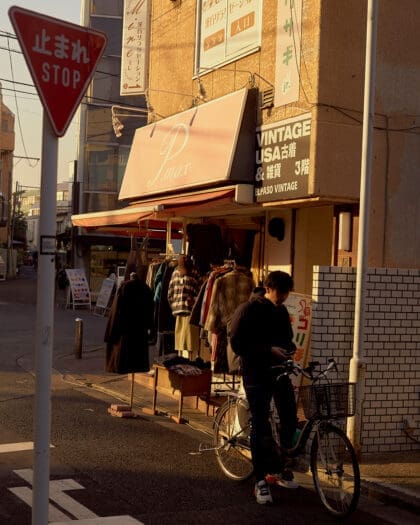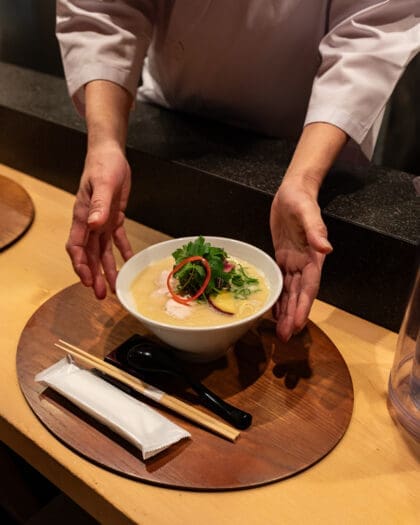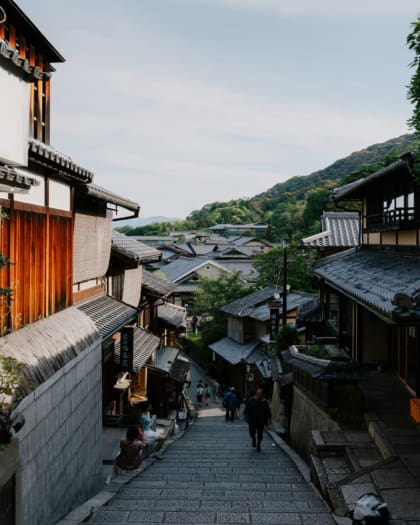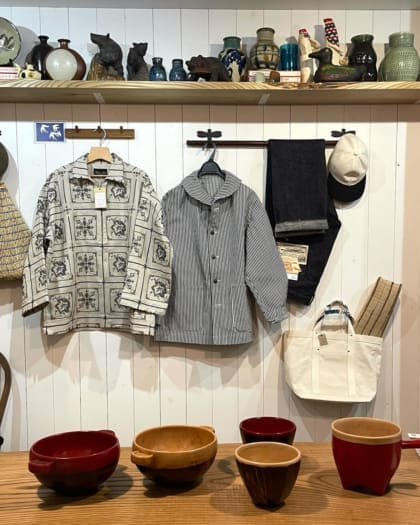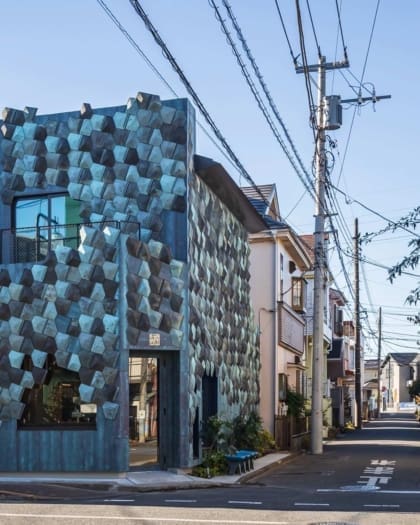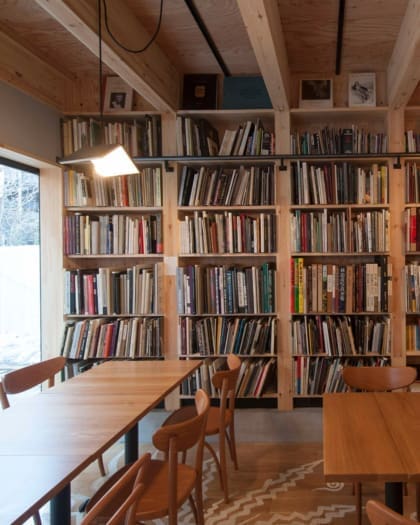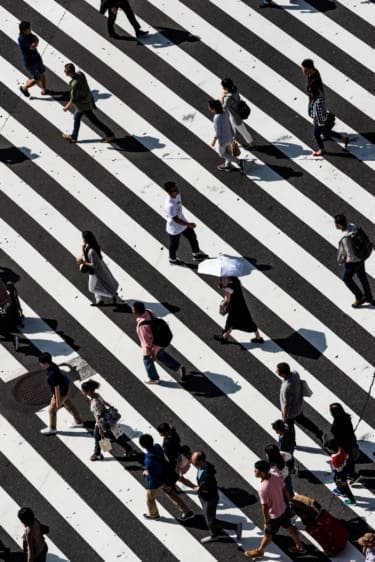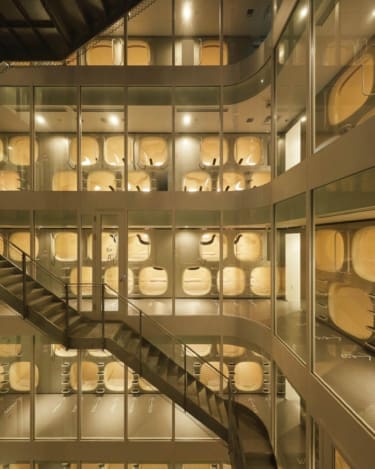The best independent coffee shops in Tokyo
Tokyo’s coffee scene ranges from third-wave roasters to traditional kissaten, via chic bar counters with reservation-only tasting courses
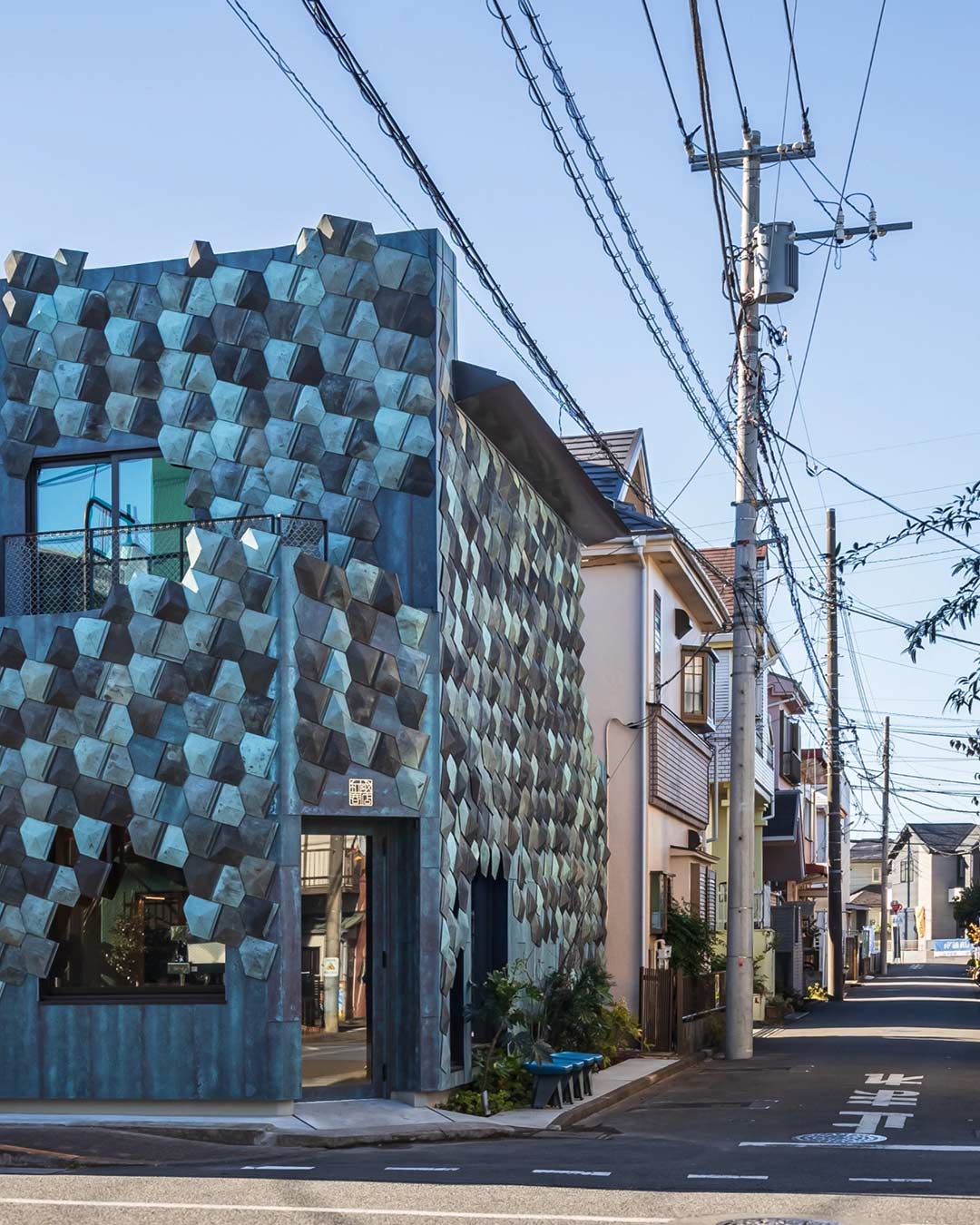
Japan has long been associated with ryokucha (green tea), but the country has a coffee culture that’s just as robust. Whether you are looking for a classic pour over, specialty roasts, third-wave espresso or even coffee-based cocktails, there’s plenty for coffee hounds to explore in Tokyo.
Coffee first came to Japan in the 17th century via the Dutch traders sequestered in Nagasaki. It wasn’t widely available until the end of the 19th century, when loosening trade regulations and broadening interest in European culture birthed Japan’s first coffee shops, known as kissaten.
As social rules began to relax and public transportation expanded, coffee shops took on a key social role as acceptable places for men and women to mingle in public and the number of kissaten exploded. When LP players came on the scene, cafes became popular music venues as well. These listening cafes are still a popular place to gather today, particularly for jazz.
The turn of the millennium brought the third-wave coffee boom to Japan. Local specialty roasters and modern cafe spaces proliferated, along with the usual international chains.
Now, Japanese baristas are seeking to elevate the coffee experience yet again, offering omakase-style courses, individually tailored blends and technically complex preparations. Far from the casual afternoon caffeine break, these high-end venues require advance reservations and carry a hefty price tag, but deliver an eye-opening adventure into the minutiae of coffee.
Take a look at our top choices for the best coffee shops across Tokyo, split by neighbourhood.
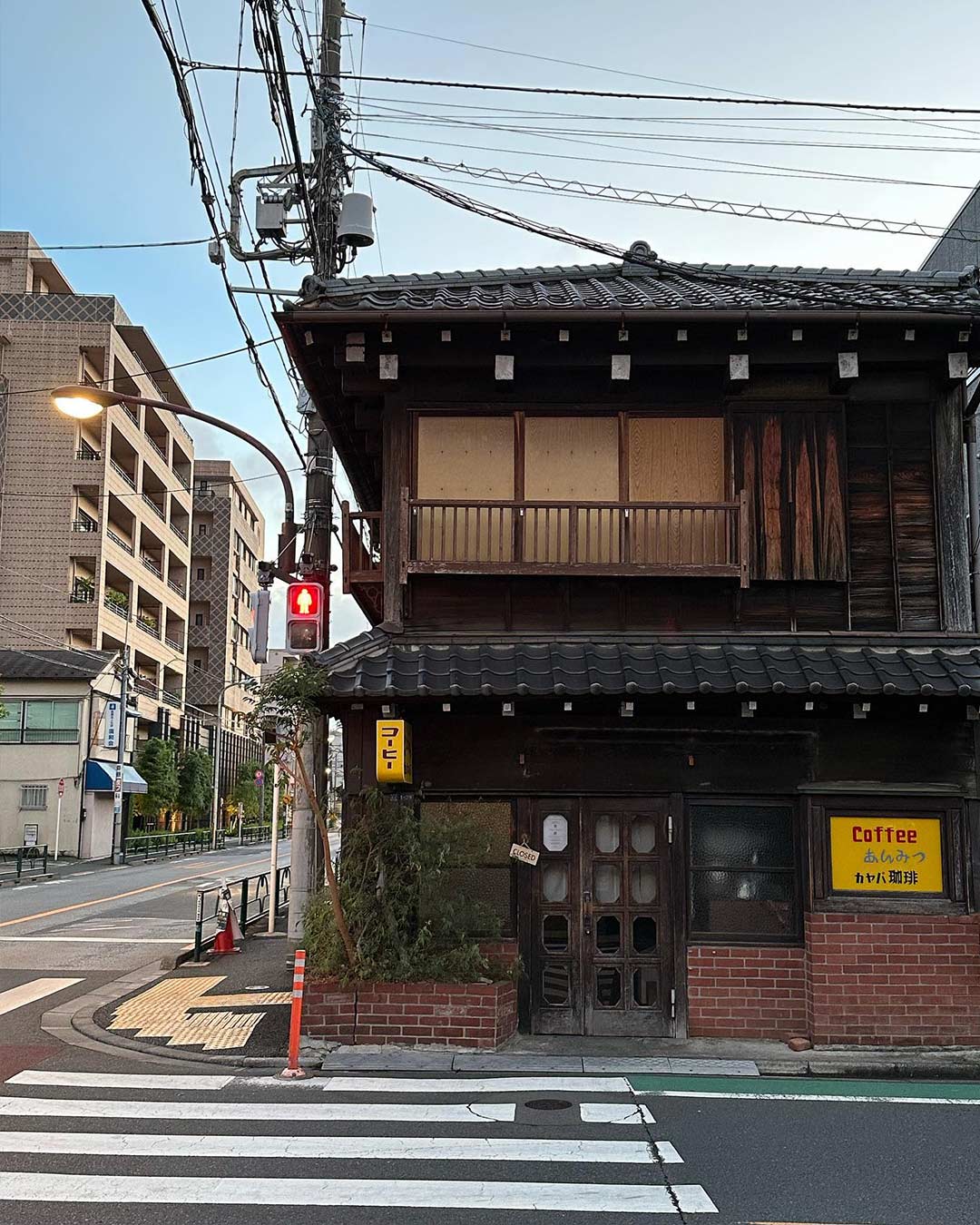
Ueno
Kayaba Coffee
Best for: Retro charm and light bites
Location: 6-1-29 Yanaka, Taito-ku, Tokyo
This popular shop on the edge of trendy Yanaka has been in business since 1938. When the original owner passed away in 2006, it was rescued and renovated by neighbouring art gallery SCAI the Bathhouse and a local historical association. With beans now coming from specialty roaster Fuglen, the quality of the coffee has improved but the mid-century vibe and beloved egg salad sandwiches remain the same.
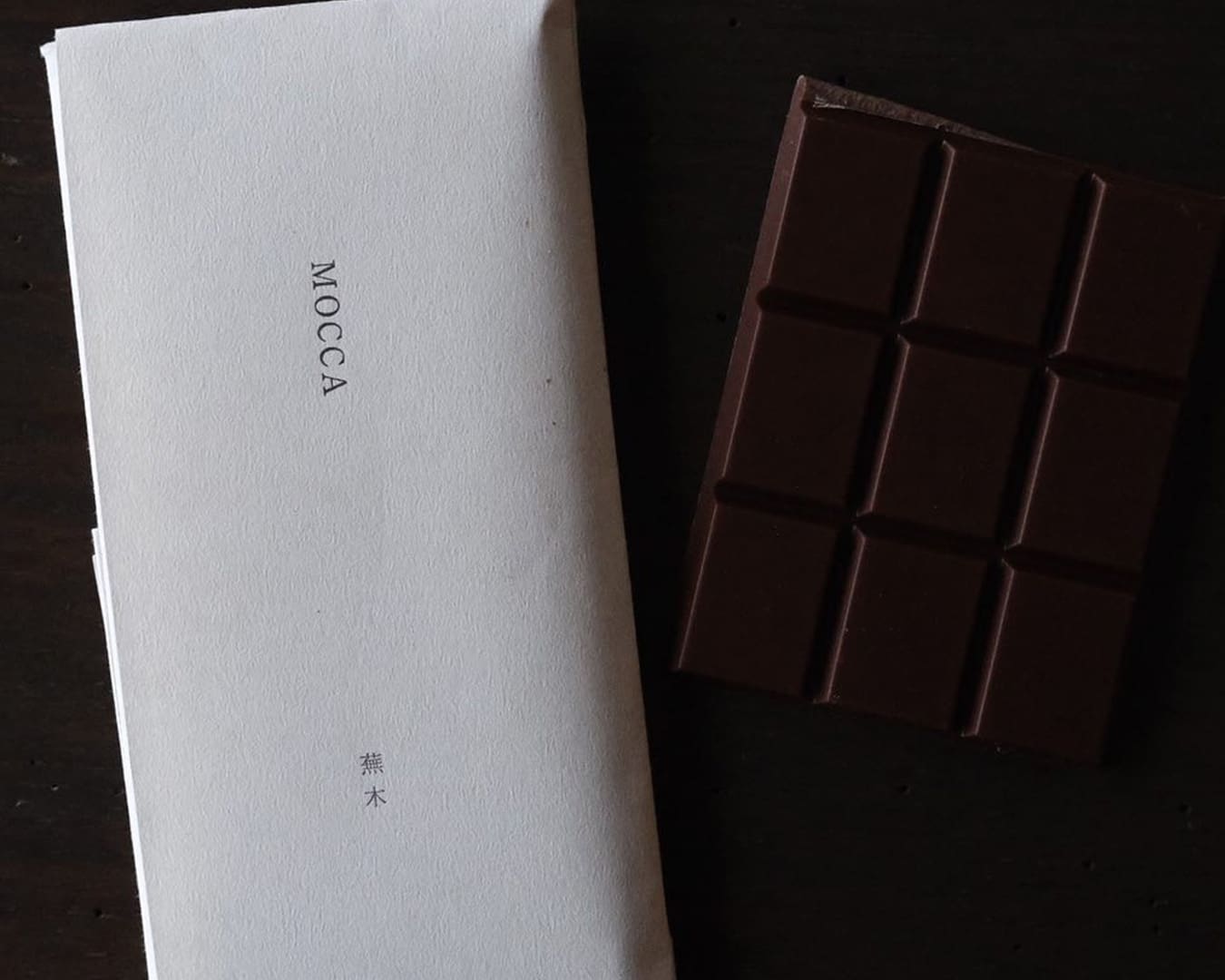
Kabuki
Best for: Solo drinkers; chocolate lovers
Location: 1-12-12 Misuji, Taito-ku, Tokyo
Owner Yusuke Kabuki began roasting his own coffee and cacao beans as a passion project while working at a confectioner. Eventually, he went freelance, combining his roasting efforts with a soothing, meditative cafe space for harried Tokyoites. Fittingly, the dimly lit shop asks guests for silence, forbids photos and encourages people to slowly savour their coffee, along with a couple of pips of Kabuki’s bean-to-bar chocolate. Note that the cafe only has a small counter and two-seater tables, so it won’t seat groups. Better to go solo and expect a wait any time you visit.
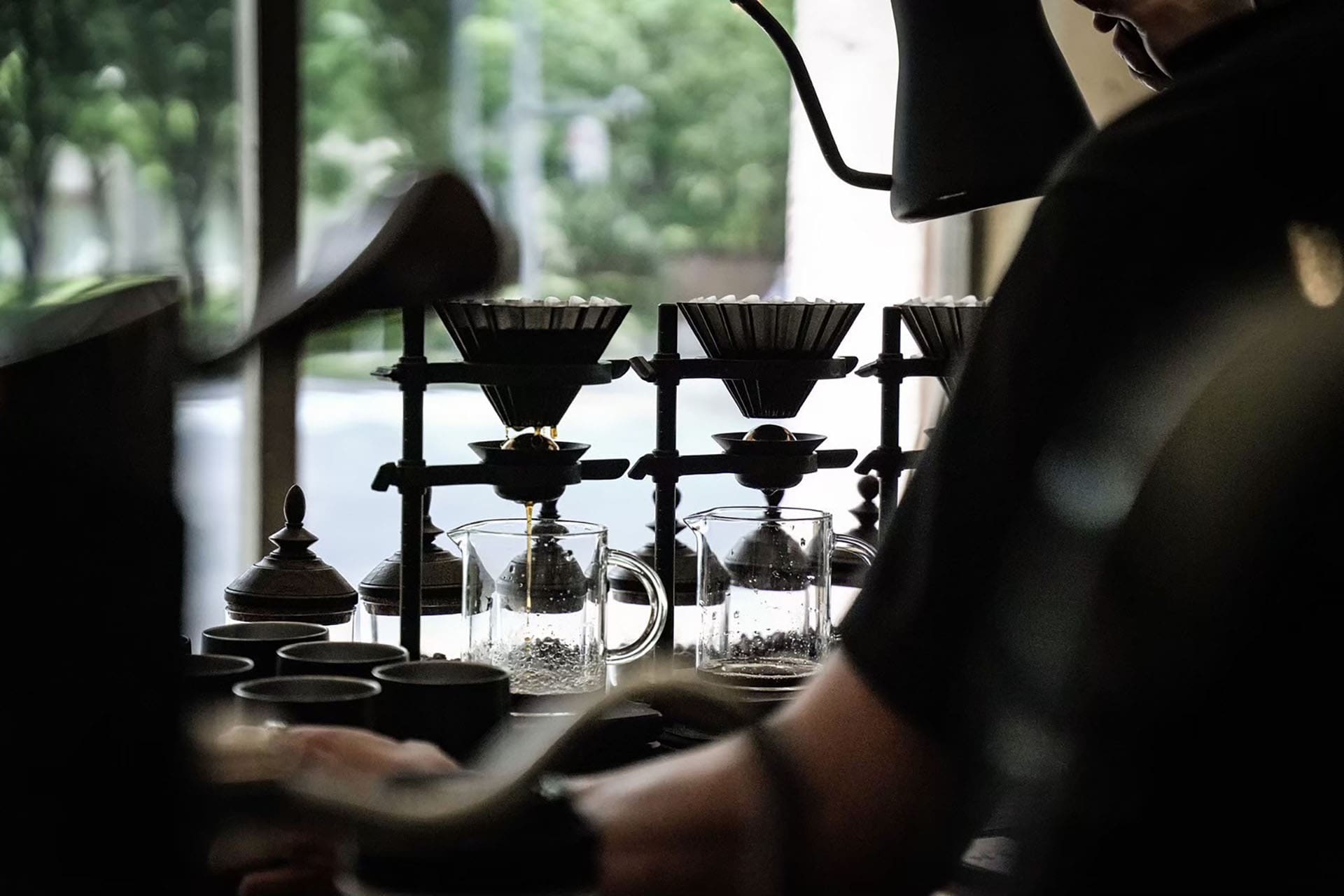
Glitch Coffee & Roasters Jinbocho
Best for: Coffee geek-outs
Location: 3-16 Kanda-Nishikicho, Chiyoda-ku, Tokyo
Glitch specialises in single-origin ultra-light roasts, seeking out best of the best beans and pairing them with diverse processing methods. Explore extremely detailed info on each of its current offerings, including the varietal, growing altitude, roasting technique and a list of tasting notes worthy of Wine Spectator before ordering. The team will prepare it as an espresso or pour-over, but we recommend opting for the pour-over to get the full flavour experience.
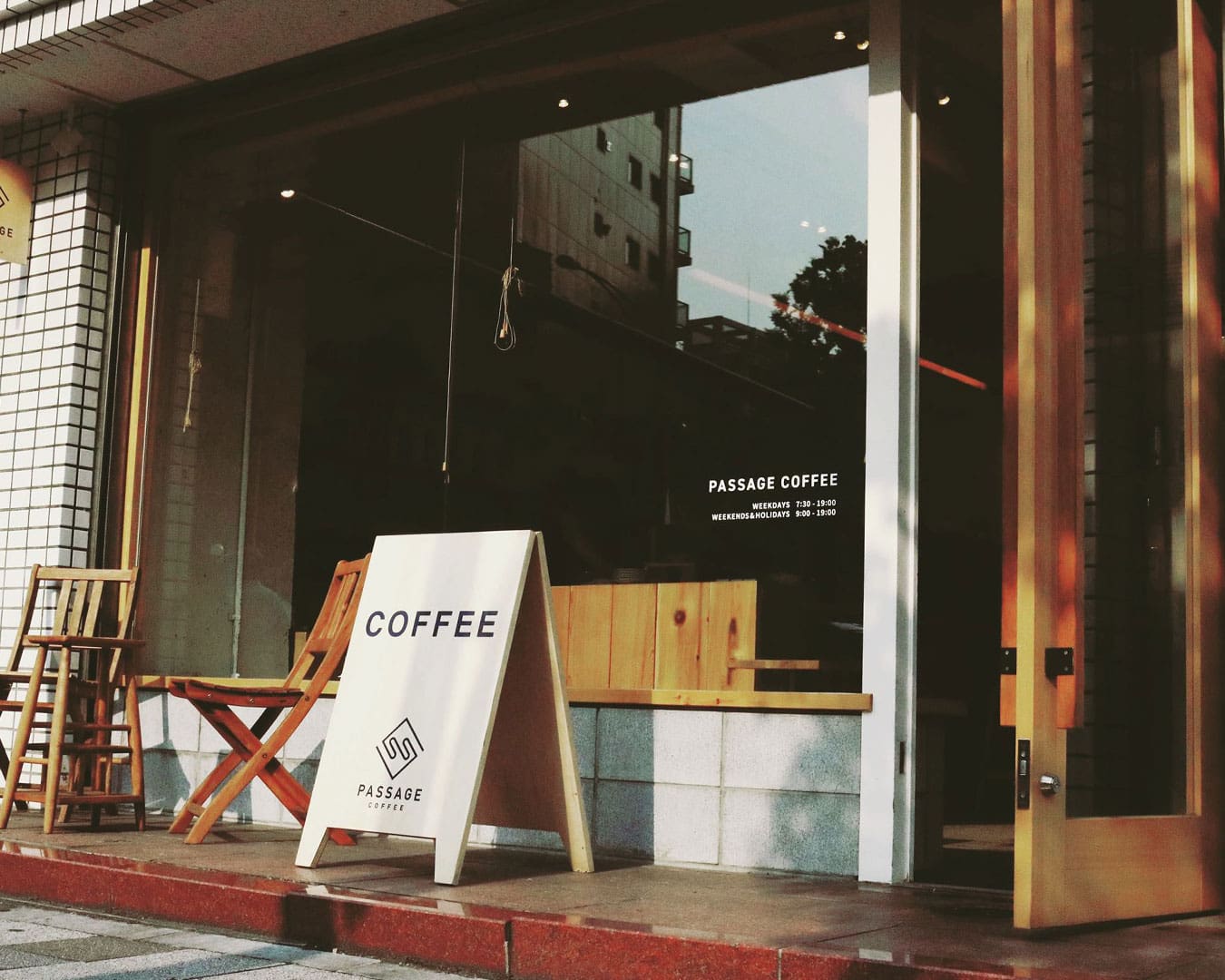
Mita
Passage Coffee
Best for: AeroPress devotees
Location: 5-14-16 Shiba, Minato-ku, Tokyo
This little shop near Tokyo Tower is run by the first Japanese winner of the AeroPress World Championship. Choose from a selection of ethically sourced single-origin beans roasted in house, served as either a drip or AeroPress coffee, and its baristas will prepare one of the finest cups you’ve ever had. If you are an early riser, there’s a hefty morning discount on offer on weekdays between 7.30 and 10am.
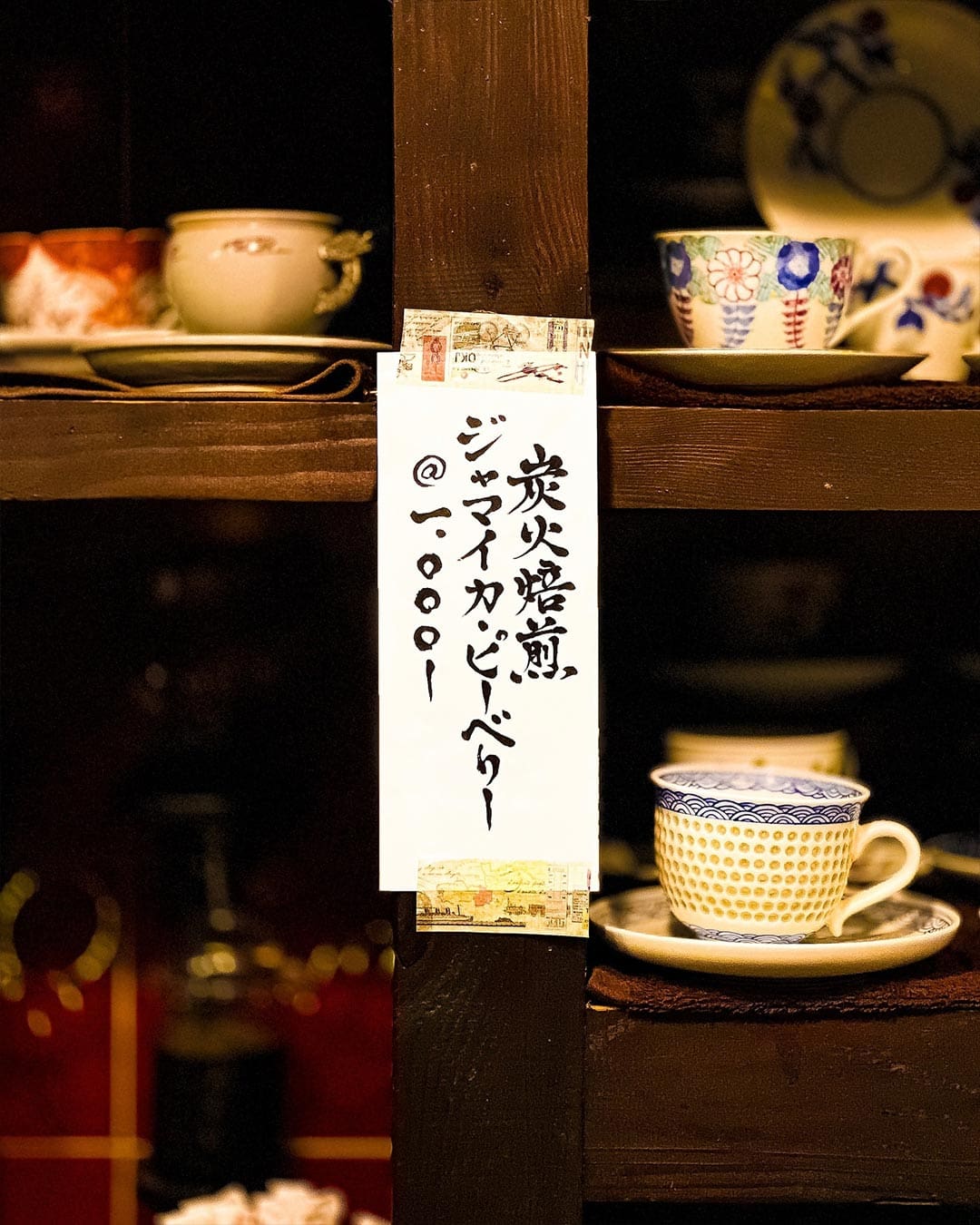
Shibuya
Chatei Hatou
Best for: Aesthetes and quiet reflection
Location: 1-15-19 Shibuya, Shibuya-ku, Tokyo
Kazuya Terashima has been serving up excellent coffee and personalised service at this traditional dark wood-clad cafe for several decades and it is a favourite of California-based Blue Bottle Coffee CEO James Freeman. Terashima is an intuitive talent, blending the beans by feel each day and matching each guest to a cup from his vast collection of antique porcelain. The ikebana displays (an arrangement of cut stems, leaves and flowers) and hand-lettered menus are his creations, too. Opt for the seasonal homemade chiffon cake and Terashima’s famous Go-Bancho (5th Avenue) blend for the ultimate Chatei Hatou experience.
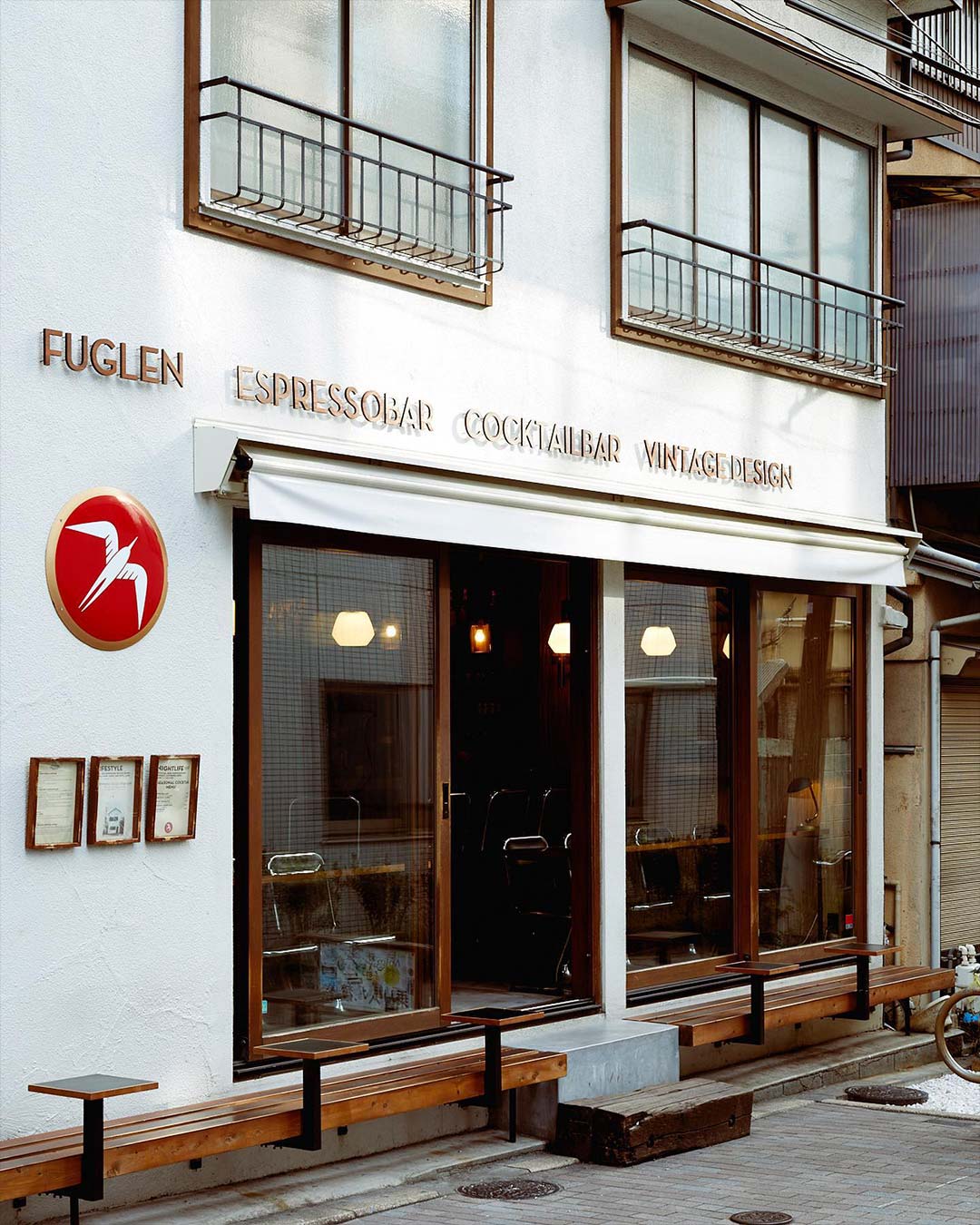
Fuglen Tomigaya
Best for: Neighbourhood vibe and people watching
Location: 1-16-11 Tomigaya, Shibuya-ku, Tokyo
While roaster Fuglen hails from Oslo, this outpost in indie Tomigaya has been beloved by Tokyo’s art crowd since 2012. With an early opening time and a late-night cocktail menu, it is an all-hours oasis. Comfy vintage furniture indoors and sunny perches outside offer an excellent vantage point overlooking the steady stream of people flowing down the neighbouring path towards the busy heart of Shibuya.
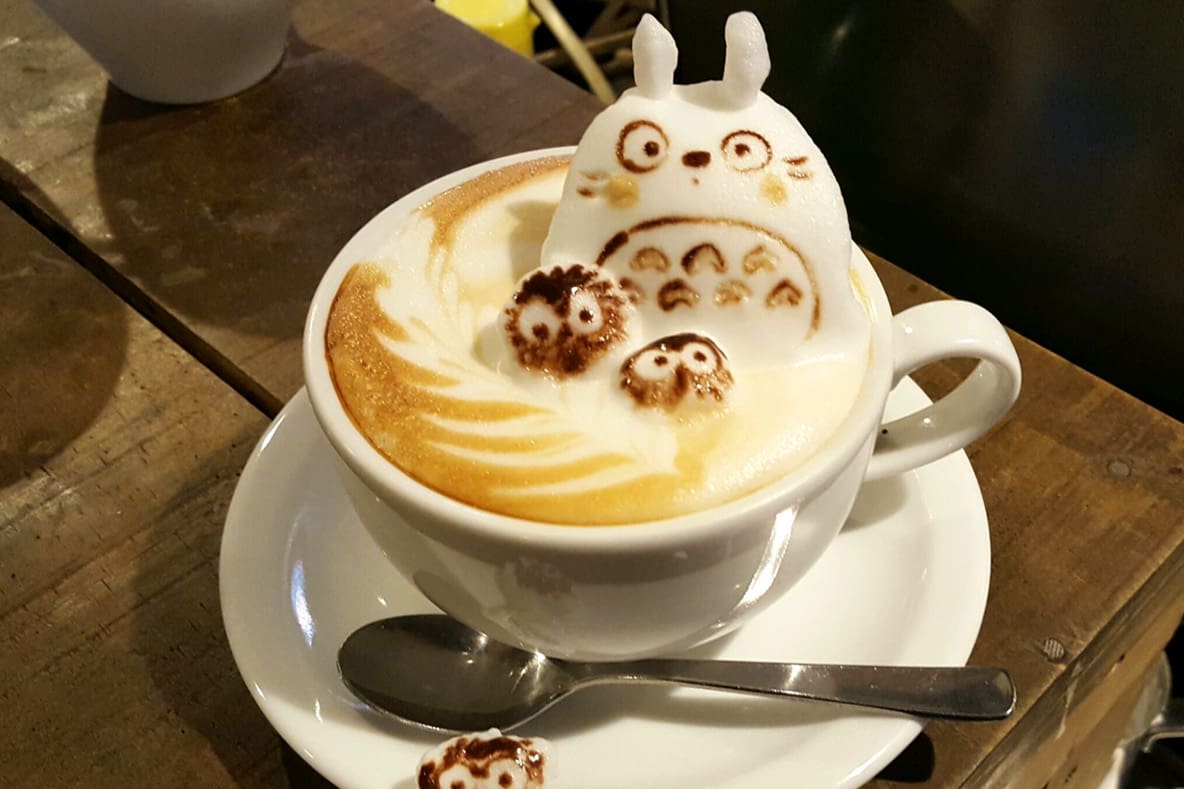
Cafe Reissue
Best for: Latte art
Location: 3-25-7 Jingumae, Shibuya-ku, Tokyo
For the ’Grammers, this spot for 2D and 3D latte art is a Tokyo icon. Bring a photo to show the barista and they’ll painstakingly recreate it in foam, either as a detailed 2D representation or a towering 3D structure rising from your cup. Alternatively, simply let them surprise you with something unbearably cute. Sure, it’s gimmicky, but it’s also a lot of fun.
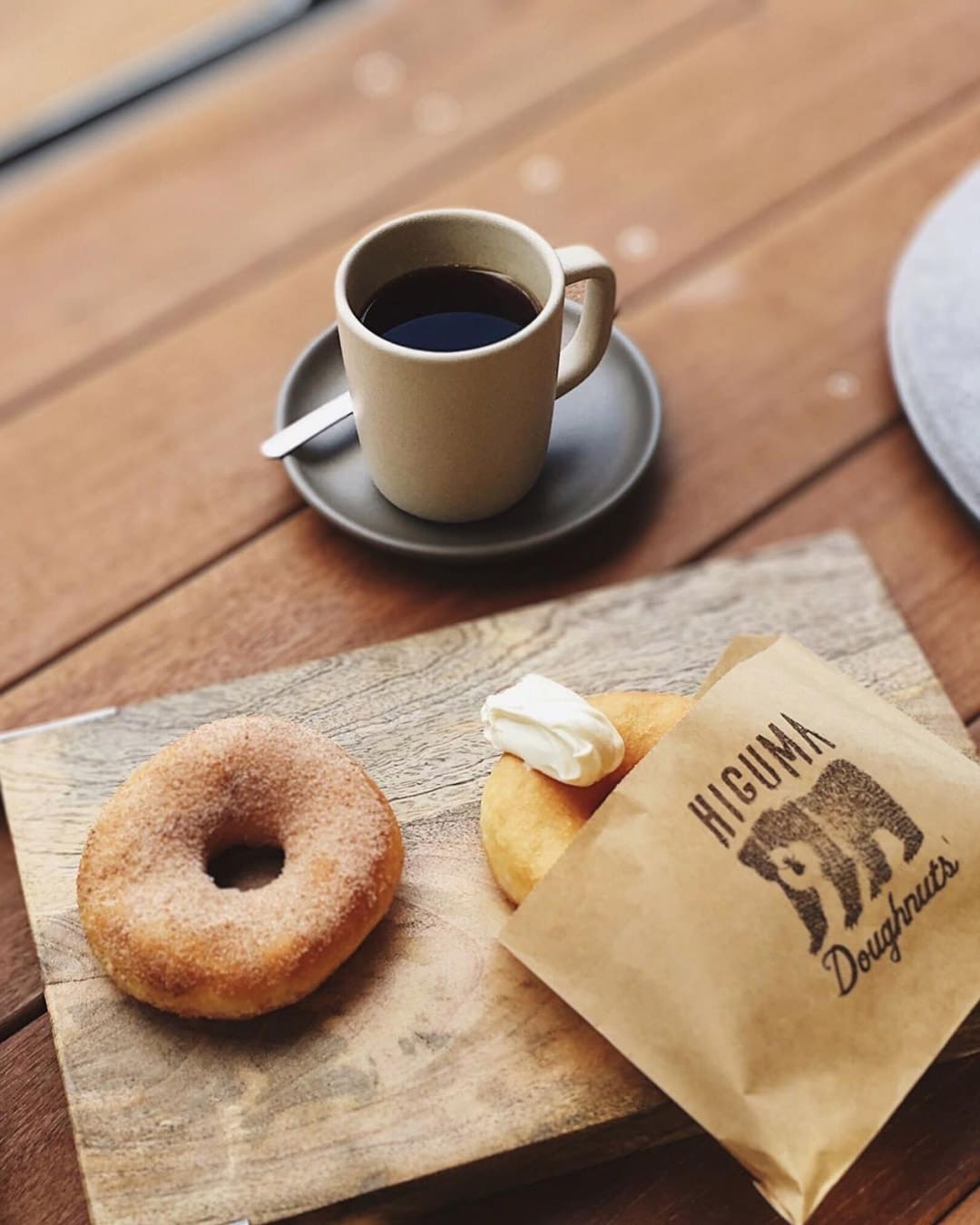
Omotesando
Coffee Wrights Omotesando
Best for: Hand-drip and a doughnut
Location: 4-9-13 Jingumae, Shibuya-ku, Tokyo
Two beloved homegrown artisans, the roaster and coffee educator Coffee Wrights and doughnut maker Higuma, teamed up for this minimalist residential cafe. Coffee Wrights brings freshly roasted single-origin beans and Higuma supplies its springy doughnuts made using ingredients exclusively from Hokkaido. The honey mascarpone flavour is only available here and worth a trip on its own. Another pro tip: buy a 200g bag of beans for home and receive a free coffee.
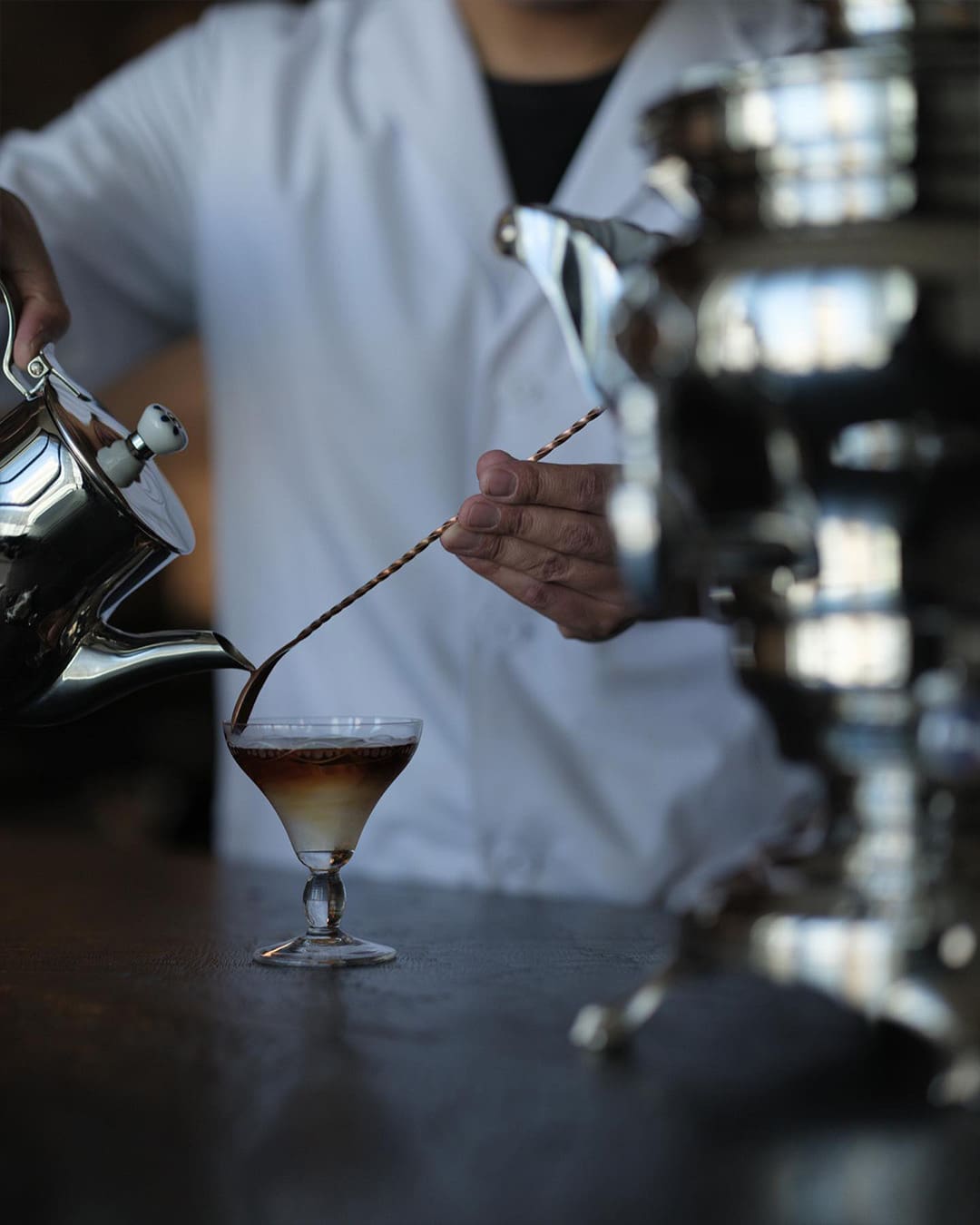
Sakurai Japanese Tea Experience
Best for: Elevated teas and wagashi sweets
Location: 4-9-13 Jingumae, Shibuya-ku, Tokyo
We’ve snuck one specialty tea shop in here. It is Japan, after all, and this high-end tea shop and salon is something special. Service at the eight-seat counter draws on traditional tea ceremony and kappo-style fine dining while presenting a curated selection of teas from around Japan, some roasted in-store or blended with other traditional ingredients like dried shiso leaves. In the evening, tea-infused cocktails are on offer. A visit here is guaranteed to make you see tea in a whole new light.
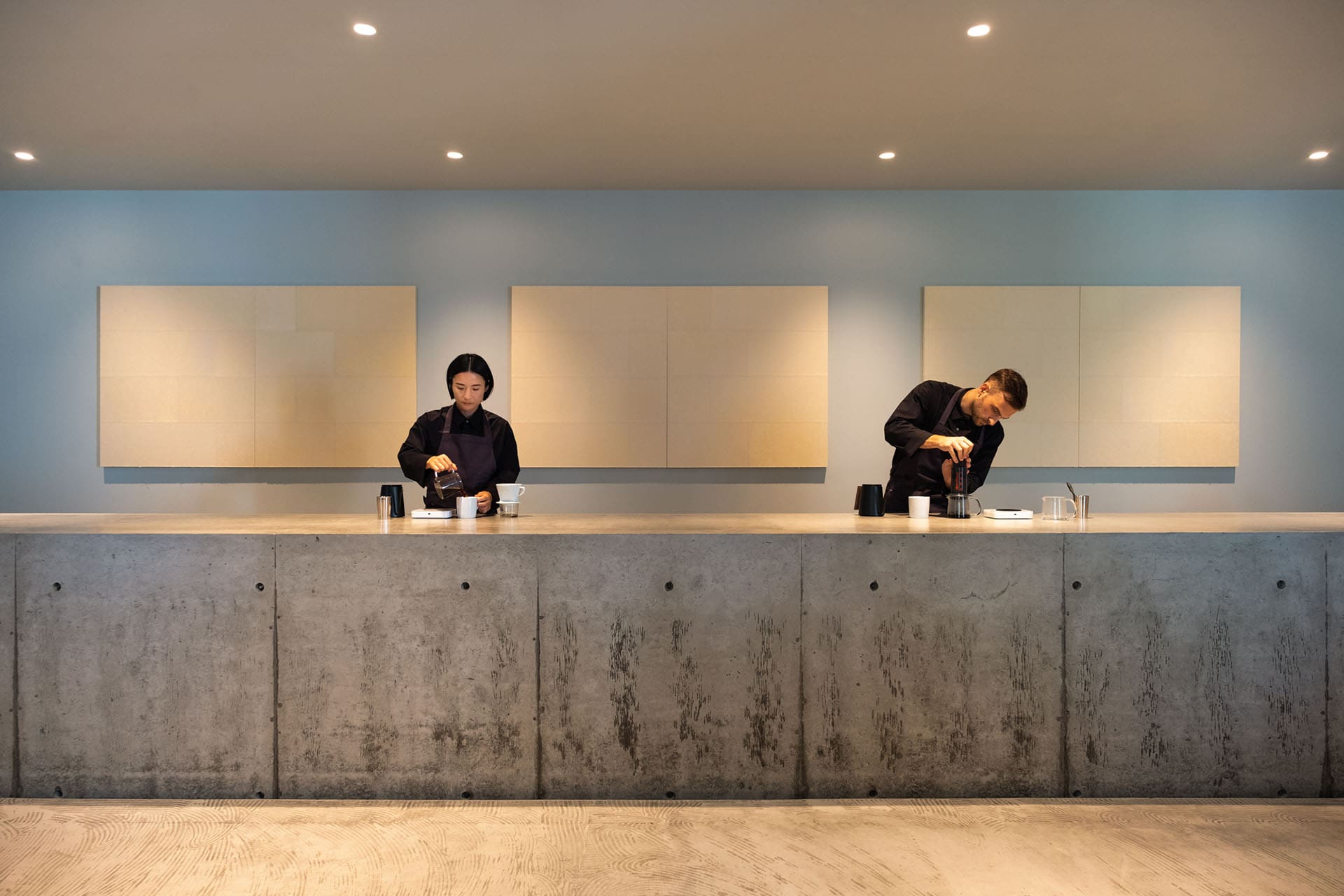
Shimokitazawa
Ogawa Coffee Laboratory
Best for: experience
Location: Reload 1-1, 3-19-20 Kitazawa, Setagaya, Tokyo
Ogawa Coffee Laboratory originated in Kyoto and has three locations across Tokyo in Sakura-Shinmachi; hip Shimokitazawa and at the luxe new Azabudai Hills shopping mall (also home of Janu Tokyo hotel). It is billed as a bean salon more than a coffee shop and blends Kyoto’s mindful approach with modern coffee culture. Minimalist interiors mix wood, concrete and stone to create a soothing space, softened by washi paper accents. Select from a vast variety of coffee beans and look to Ogawa Coffee Laboratory’s helpful flavour compass for guidance, which orders different varieties on a scale from light to rich and full-bodied.
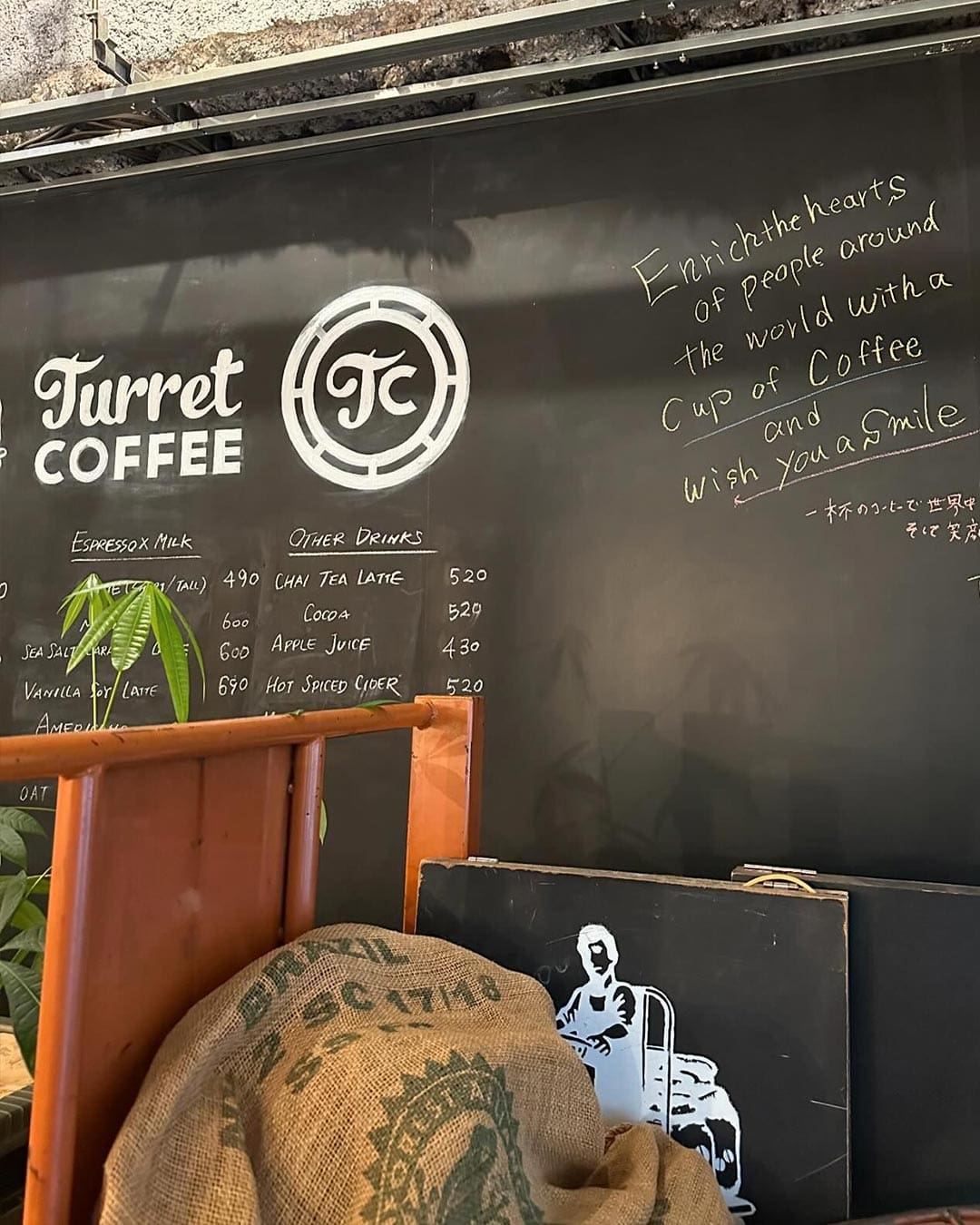
Ginza
Turret Coffee
Best for: Takeaway lattes
Location: 2-12-6 Tsukiji, Chuo-ku, Tokyo
Price: Drinks from 430 JPY / 2.75 USD
This tiny third-wave shop near the old Tsukiji market takes its name from the motorised carts that wholesalers use to move their goods around the sales floor. One is even parked in the centre of the shop as a small display unit. Turret has survived the market’s 2018 move to Toyosu due to a legion of die-hard fans who think its drinks, like the sea salt-caramel latte, are worth a trek. The cramped space isn’t great for hanging out, so take your drink to go and sit on the grass at Tsukiji Honganji Temple across the main road.
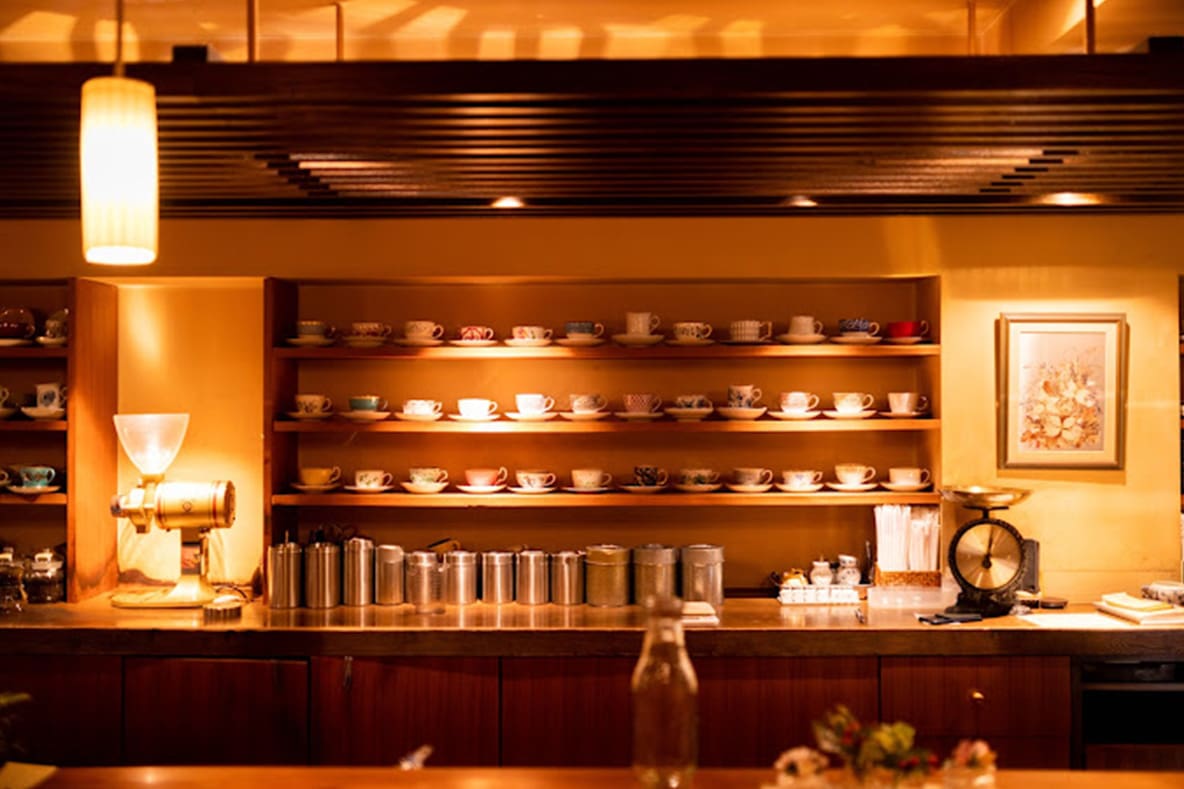
Charcoal Roast Coffee RIN
Best for: Classic roasts and desserts
Location: 4-4-5 Ginza, Chuo-ku, Tokyo
Price: Drinks from 800 JPY / 5.15 USD
This busy first-floor cafe epitomises the old-school Tokyo kissaten: simple interior, brusque but blameless service, a menu of classic homemade desserts, and top-notch coffee prepared to order. RIN favours time- and labour-intensive charcoal roasting, said to produce highly aromatic coffee with a depth to the bitterness, which it serves in a diverse collection of porcelain by makers from around the world. RIN is just next door to Cine Switch Ginza, a venerable cinema showing international arthouse titles, which makes it an excellent nook for a post-movie snack.
Café de L’ambre
Best for: Legendary craftsmanship
Location: 8-10-15 Ginza, Chuo-ku, Tokyo
Price: Drinks from 900 JPY / 5.80 USD
An absolute legend in the Tokyo scene, this diminutive coffee shop has been serving flannel-filter coffee since 1948, preparing each cup by exacting methods developed by founder Ichiro Sekiguchi. Indeed, nearly every element in the shop, including the roaster, kettles, grinder and even the ceramic cups, is his custom design. Sekiguchi manned the counter for nearly 70 years before his passing in 2018, but staff continue to preserve his legacy. The menu usually features a single blend alongside a raft of single-origin beans, some aged for more than a decade. In addition to one of these rare brews, don’t miss out on the classic coffee jelly, served in an etched antique champagne coupe.
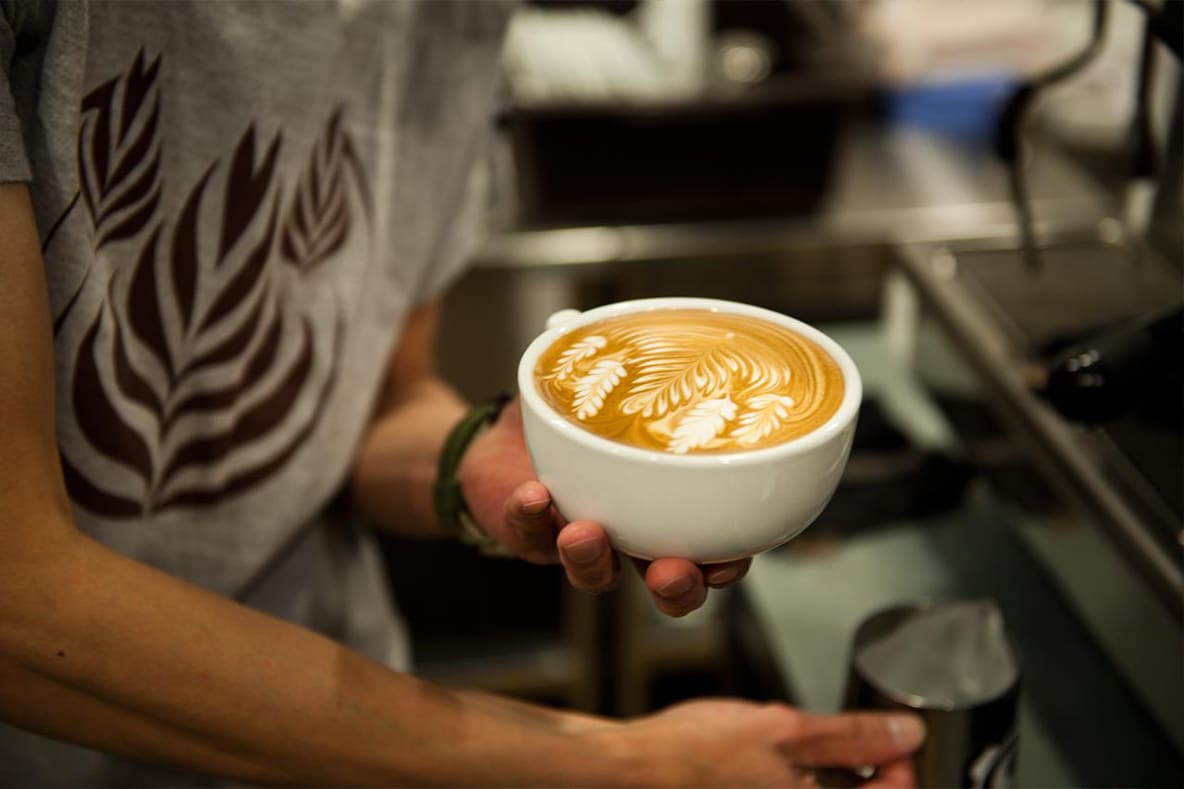
Roppongi
Streamer Coffee Company Azabu-Juban
Best for: Eco-friendly espresso in a restored space
Location: 6-11-16 Roppongi, Minato-ku, Tokyo
Price: Drinks from 450 JPY / 2.90 USD
The latest outlet from indie hometown roaster Streamer has a notable focus on sustainability: the furniture, utensils and equipment have all been upcycled, and its coffees are made from 100 percent traceable beans with no preservatives or additives, roasted only in low-temperature micro-batches. The premises are a renovated soba restaurant once frequented by filmmaker Akira Kurosawa, with many of the original wood features preserved.
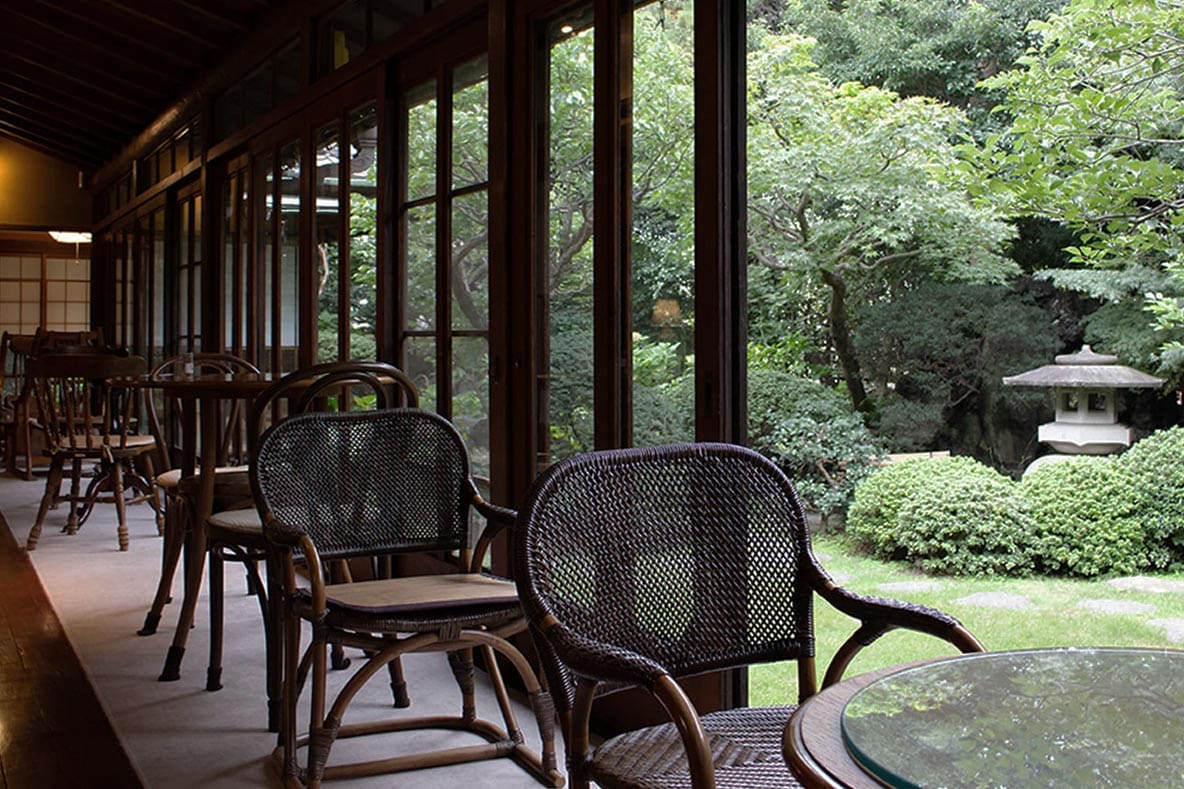
Outer boroughs
Engawa Cafe (Showa no Ie)
Best for: Traditional atmosphere
Location: 2-5-10 Nishihokima, Adachi-ku, Tokyo
Price: Drinks from 520 JPY / 3.30 USD
It’s worth a trip to rarely touristed Adachi to see this exquisitely preserved home and garden, built in 1939 and registered as a tangible cultural property. The cafe, which is open from Tuesday to Friday, is housed in an airy tatami room overlooking the garden, with a few tables along the engawa. (In traditional Japanese architecture, the engawa is an interstitial space between indoors and out, allowing visitors to stop by without having to take their shoes off and come in and, likewise, for residents to enjoy the outdoors without venturing out.) The garden is full of flowering plants, including a weeping cherry, and is especially beautiful in autumn. Try a seasonal tart with your coffee or go with the theme and get a traditional Japanese dessert like anmitsu – cubes of chilled agar jelly topped with fruit and brown sugar syrup. Combine your visit with a stop at Nishiarai Daishi temple or a walk along the Arakawa River to make the trek more worthwhile.
Koffee Mameya Kakeru
Best for: Elevating coffee to a fine dining experience
Location: 2-16-14 Hirano, Koto-ku, Tokyo
Price: Courses from 5000 JPY / 32.15 USD
Imagine a full-course kaiseki at a Michelin-starred restaurant, but instead of food, every dish is a coffee variation. That’s the basic idea behind Koffee Mameya Kakeru. While beans and takeaway coffee are available at the front, the main attraction is the austere wood counter at the in back, where curated seasonal courses cover cold, filter and milk brews, as well as cocktails and mocktails, all paired with small nibbles. The venue also hosts frequent events and collaborations, pushing the boundaries of coffee culture, such as the recent pairing dinner with Sushi M.
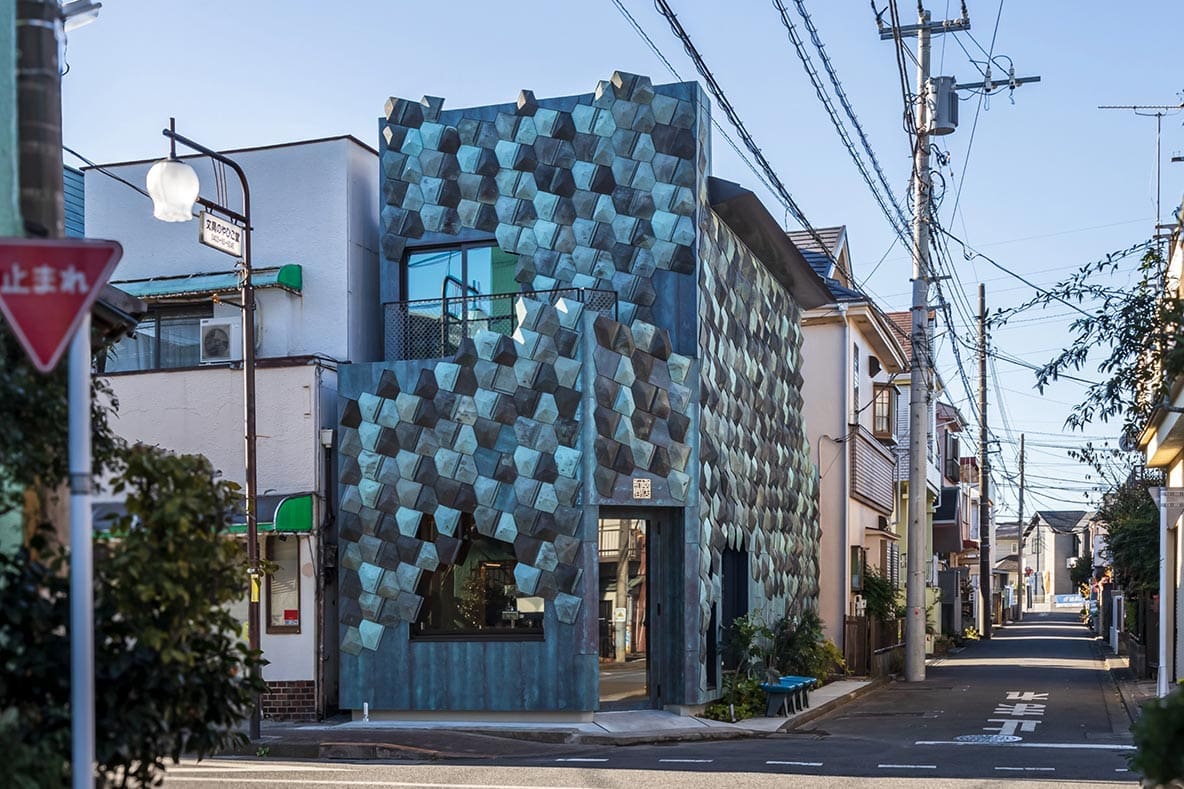
Wakuni Shoten
Best for: Appreciating art and architecture
Location: 2-5-6 Aobacho, Higashimurayama, Tokyo
Price: Drinks from 550 JPY / 3.50 USD
The renovation of this striking cafe was overseen by veteran Japanese architect Kengo Kuma. The facade of copper plates were salvaged from an ageing shrine roof and reshaped into angular pentagons by Uchino Sheet Metal to highlight their metalworking skill. Local artisans created the ceramics and furniture, except for outdoor stools Kuma made by upcycling seats from the former National Stadium. The beans, meanwhile, are provided by Okayama-based roaster Kinoshita Shouten. Together, it’s a powerhouse demonstration of Japanese dedication to craft and collaboration. It’s located way out in the western suburbs, but can be conveniently combined with a visit to the trendy neighbourhood of Kichijoji or a day trip hiking around Lake Tama.
